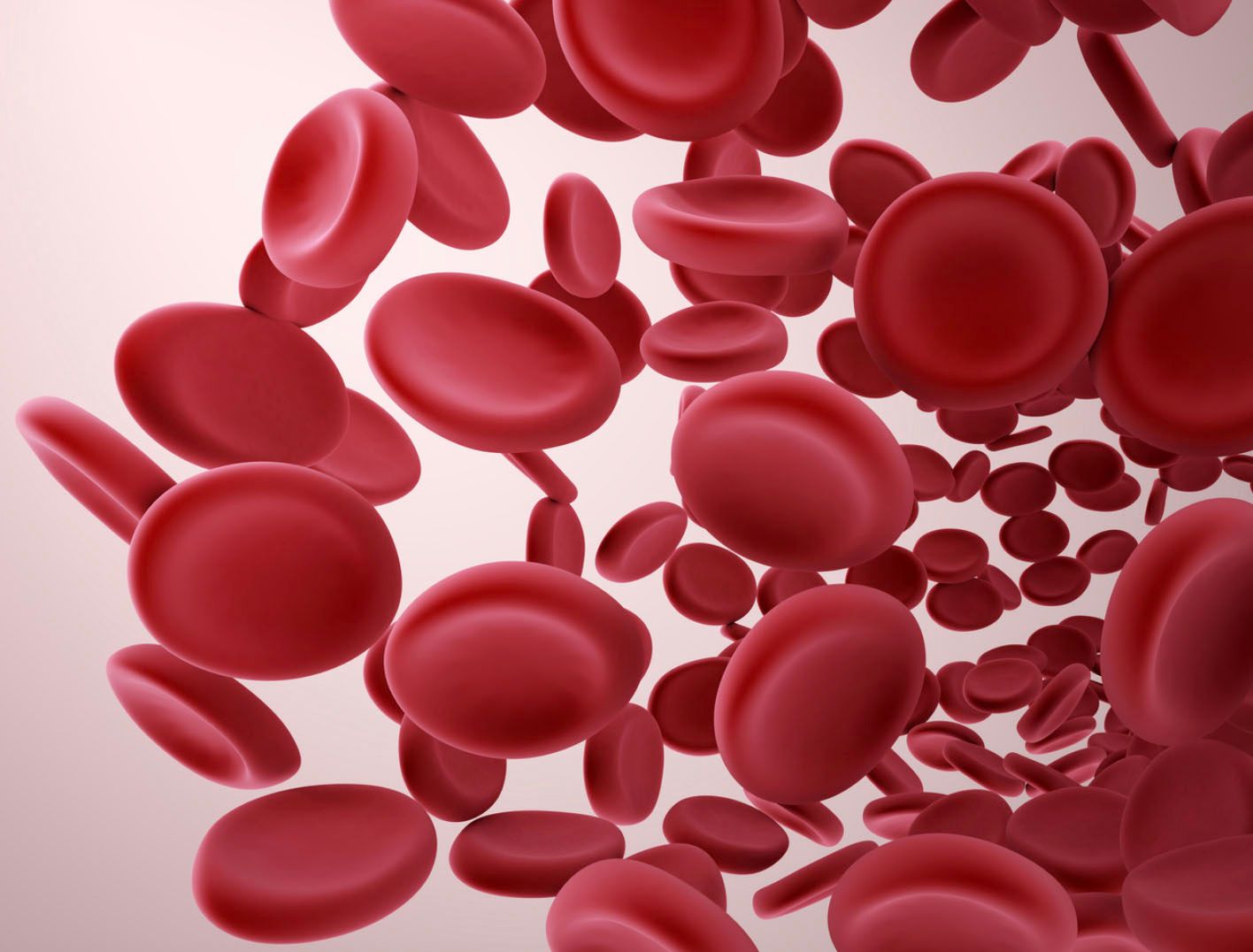Complex Karyotype Strongly Associated With Shorter PFS in Chronic Lymphocytic Leukemia
All patients with relapsed/refractory chronic lymphocytic leukemia should be evaluated for both complex karyotypes and del17p prior to initiating treatment, and all patients with complex karyotypes should be considered candidates for alternative combination therapy.

The detection of a complex karyotype in addition to 17p deletion (del17p) appeared to be a strong predictor of early progression in patients with chronic lymphocytic leukemia (CLL) who received the Bruton’s tyrosine kinase (BTK) inhibitor ibrutinib (Imbruvica) as a single agent, according to a poster presented during the Virtual 25th Congress of the European Hematology Association.
All patients with relapsed/refractory CLL should be evaluated for both complex karyotypes and del17p prior to initiating treatment, and all patients with complex karyotypes should be considered candidates for alternative combination therapy, according to the results of this analysis.
In total, 100 patients with CLL who received ibrutinib since January 2016 were evaluated in this analysis. These patients had received the BTK inhibitor at a dose of 420 mg daily until disease progression or unacceptable toxicity.
Thirty-eight patients were detected with complex karyotypes, and 24 patients were associated with del17p. A strong association was observed between complex karyotypes and unmutated VH-genes (P =.049), but no other associations observed in the study were significant.
After a median follow-up of 14.6 months (range, 1.4-50.8), there were less progression-free survival (PFS) events in those without complex karyotypes (11%) versus those with (44%). The median PFS was shorter at 34 months with the karyotype versus 40 months without complex karyotypes (P =.0028), which the authors concluded was significantly shorter.
According to univariate analysis, there was an unfavorable impact on PFS observed in the study with del17p (P =.0024) and number of prior therapies ≥ 2 (P =.027). Age, sex, stage of disease, mutational status of VH-genes, and the ECOG performance status, however, did not demonstrate a significant impact on PFS.
According to the Cox proportional hazard model, independent significance of PFS was retained with complex karyotypes (HR, 4.27; 95% CI, 1.5-12.1; P =.006) and del17p (HR, 6.18; 95% CI, 1.8-20.3; P =.003). Patients who received ≥ 2 prior lines of therapy had a HR of 1.3 (95% CI, 0.49-3.44; P =.4).
The existence of both complex karyotypes and del17p had the worst impact on progression of disease in this analysis. The median PFS in patients with both complex karyotypes and del17p was 27 months versus 39 months in the rest of the patients (P =.011).
After the initiation of treatment, 4 histologically confirmed cases of Richter syndrome occurred, as well as 4 suspected cases of SUV of 15 or higher in FDG-PET imaging. The proven and suspected cases of Richter syndrome and RUV were clustered among those with complex karyotypes in 6 (15%) and 2 (3%) of patients, respectively (P =.06).
The majority of patients were male (n = 63), and the median age was 63 years (range, 32-92). Fifty-three patients were Binet B stage, and 47 were Binet C. Eighty-eight patients had relapsed/refractory disease, and the median number of prior lines of therapy in this group of patients was 3 (range, 1-8). Overall, 22 patients had an ECOG performance status of > 2, 44 had del17p, 36 had complex karyotype defined as the presence of ≥ 5 clonal chromosomal aberrations, and 67 out of 74 patients (90%) had unmutated VH-genes.
BTK inhibitors have led to significant benefits compared with chemotherapy in this patient population, but 20% to 25% of patients with relapsed/refractory CLL will progress during their first 2 years of therapy. Ibrutinib is not an optimal treatment for some patients, so further research around predictive factors for outcome in this patient population is warranted. The purpose of this analysis was to evaluate the impact of complex karyotype on short-term outcomes in patients with relapsed/refractory disease who were treated with single-agent ibrutinib in a single center.
Reference
Obukhova T, Nikitin E, Kislytsyna M, et al. Complex karyotype is a strong predictor of short-term progression in chronic lymphocytic leukemia patients treated with ibrutinib. Presented at: 2020 European Hematology Association Virtual Congress; June 11-21, 2020. Accessed June 25, 2020. https://bit.ly/3i3bHTW